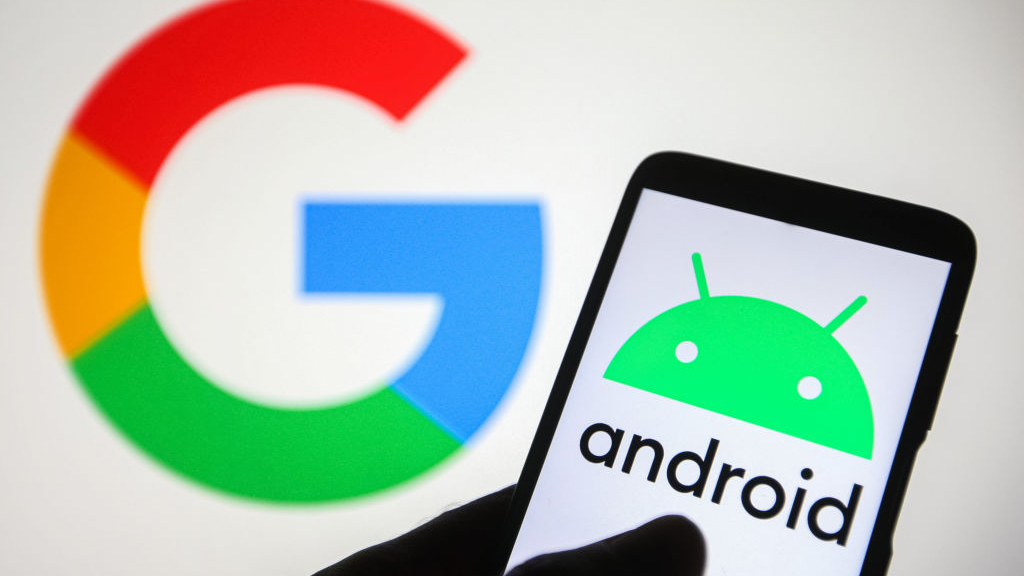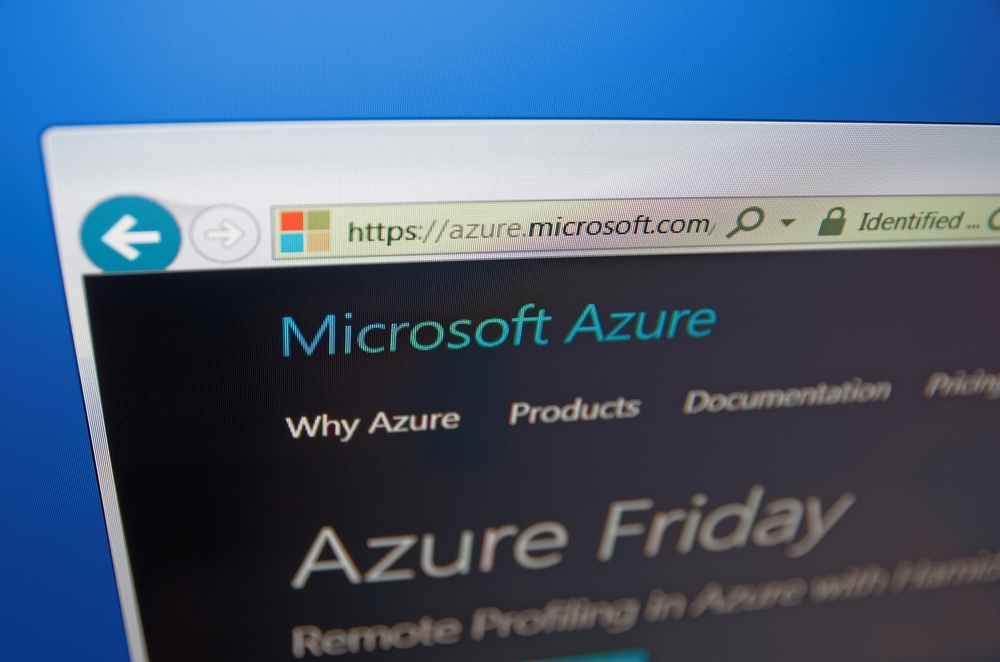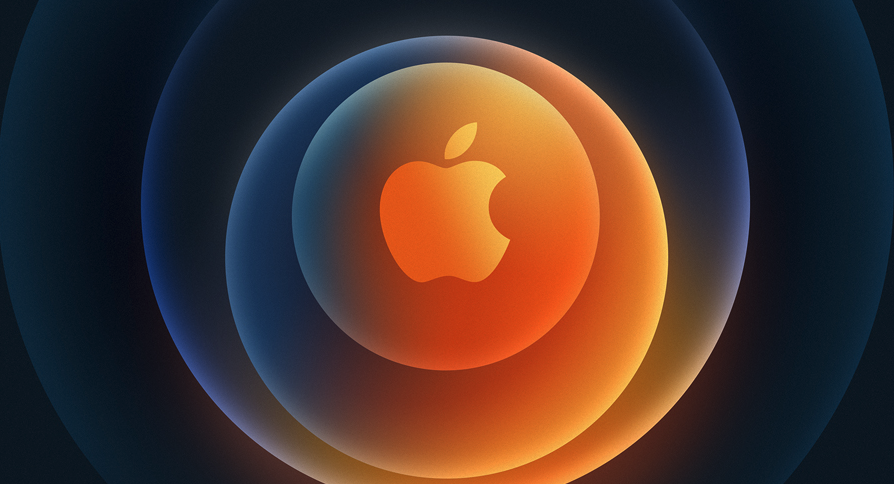Satellite internet support heading to Android 14
The teased news would represent a major milestone for connectivity, and open up a new range of network benefits


Google is aiming to include connectivity for satellite internet in Android 14, a move that would put it at the forefront of networking technology.
Google senior vice president of Android, Chrome, Chrome OS & Play, Hiroshi Lockheimer, expressed admiration for how far connectivity on Android has come and hinted towards the future of the mobile operating system, in a Tweet on Monday.
RELATED RESOURCE

“When we launched G1 in ‘08 it was a stretch to get 3G + Wifi working. Now we’re designing for satellites. Cool! Excited to support our partners in enabling all of this in the next version of Android!”
The release of Android 14 remains firmly on the horizon, with Android 13 having only just dropped for many Pixel users, and many more across the Android ecosystem yet to receive it. Despite this, Google has indicated that the beta could be available for use as soon as April 2023.
In the meantime, Google is working with partners on multiple avenues of networking innovation. It recently announced a successful network slicing test with Nokia, in which a phone running Android 13 was able to connect to multiple 5G network slices simultaneously, for improved security and optimised network performance.
Last month, T-Mobile announced plans with SpaceX to provide satellite coverage for texts and eventually calls to some of the most remote areas in the US. With its low Earth orbit (LEO) Starlink satellite constellation, SpaceX is able to give its customers download speeds of up to 104 Mbits/sec in areas that lack even basic broadband coverage.
At present, devices such as phones can only access SpaceX Wi-Fi through a router that connects directly to a Starlink dish, which is the hardware that transfers data to and from the constellation. Phones that can connect directly to satellites could experience unprecedented network stability, and access high-speed broadband across the globe.
Sign up today and you will receive a free copy of our Future Focus 2025 report - the leading guidance on AI, cybersecurity and other IT challenges as per 700+ senior executives
Satellite internet is a rapidly growing sector, with competition already hotting up between nation states and companies alike.
SpaceX’s Starlink constellation continues to expand at pace, with over 3,000 satellites in orbit at time of writing and FCC approval to eventually increase this number to 12,000. Starlink is the most widely supported satellite broadband provider currently, operating in over 40 countries and having recently secured exclusive deals to provide Wi-Fi for the Royal Caribbean cruise fleet, and for JSX airlines.
Meanwhile, the UK could receive home-grown satellite broadband coverage in the near future, as London-based OneWeb faces a merger with French satellite operator Eutelsat. This could greatly boost the rollout of OneWeb satellites to its own constellation, which currently consists of 428 satellites.

Rory Bathgate is Features and Multimedia Editor at ITPro, overseeing all in-depth content and case studies. He can also be found co-hosting the ITPro Podcast with Jane McCallion, swapping a keyboard for a microphone to discuss the latest learnings with thought leaders from across the tech sector.
In his free time, Rory enjoys photography, video editing, and good science fiction. After graduating from the University of Kent with a BA in English and American Literature, Rory undertook an MA in Eighteenth-Century Studies at King’s College London. He joined ITPro in 2022 as a graduate, following four years in student journalism. You can contact Rory at rory.bathgate@futurenet.com or on LinkedIn.
-
 How businesses can make their cybersecurity training stick?
How businesses can make their cybersecurity training stick?In-depth Who in the modern business needs cybersecurity training – and what key factors should firms keep in mind?
-
 Mitigating bad bots
Mitigating bad botsSponsored Podcast Web crawlers pose an immediate business risk, necessitating immediate action from IT leaders
-
 Top six networking trends for 2023
Top six networking trends for 2023Whitepaper By the end of 2023, 20% of organizations will have adopted a NaaS strategy
-
 Monitoring & alerting best practices guide
Monitoring & alerting best practices guideWhitepaper Best practices for smarter alerting, faster troubleshooting, and more proactive monitoring
-
 Six reasons IT Pros are ditching legacy monitoring tools
Six reasons IT Pros are ditching legacy monitoring toolsWhitepaper How to drive operational efficiency, become less reactive, and be more proactive
-
 G2 Enterprise Monitoring Report
G2 Enterprise Monitoring ReportWhitepaper Designed to help businesses make the best IT Infrastructure Monitoring technology buying decision
-
 Ubuntu Core 22 is now generally available for IoT and edge devices
Ubuntu Core 22 is now generally available for IoT and edge devicesNews The new release brings security updates and support for a fully preemptible kernel
-
 IAR Systems and Secure Thingz partner to streamline Azure IoT migration
IAR Systems and Secure Thingz partner to streamline Azure IoT migrationNews Joint solution expedites device development and deployment for Azure IoT and RTOS platforms
-
 iPhone 12 launch event confirmed for 13 October
iPhone 12 launch event confirmed for 13 OctoberNews Apple's "Hi, Speed" teaser suggests first 5G iPhones will debut at next week's virtual event
-
 Best free backup software
Best free backup softwareBest You never know when disaster will strike so it's always best to have a plan to save your data